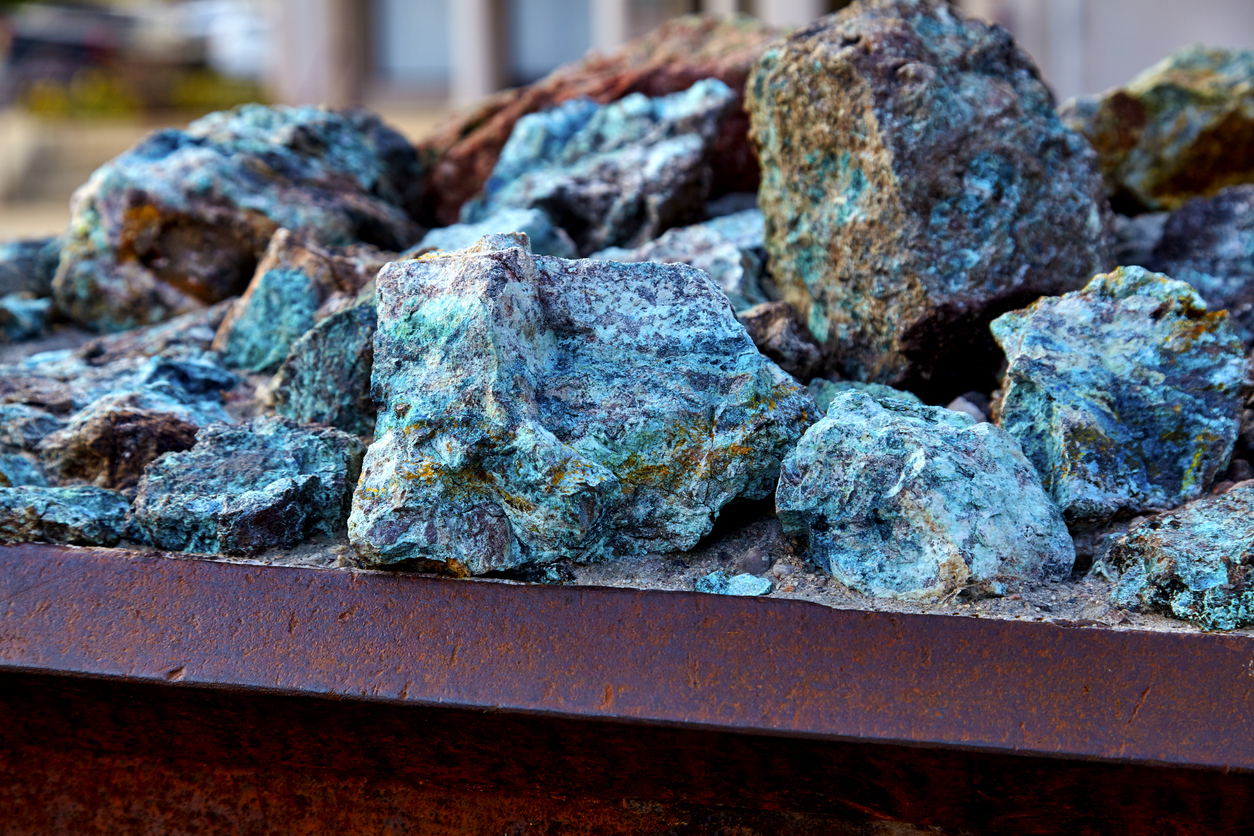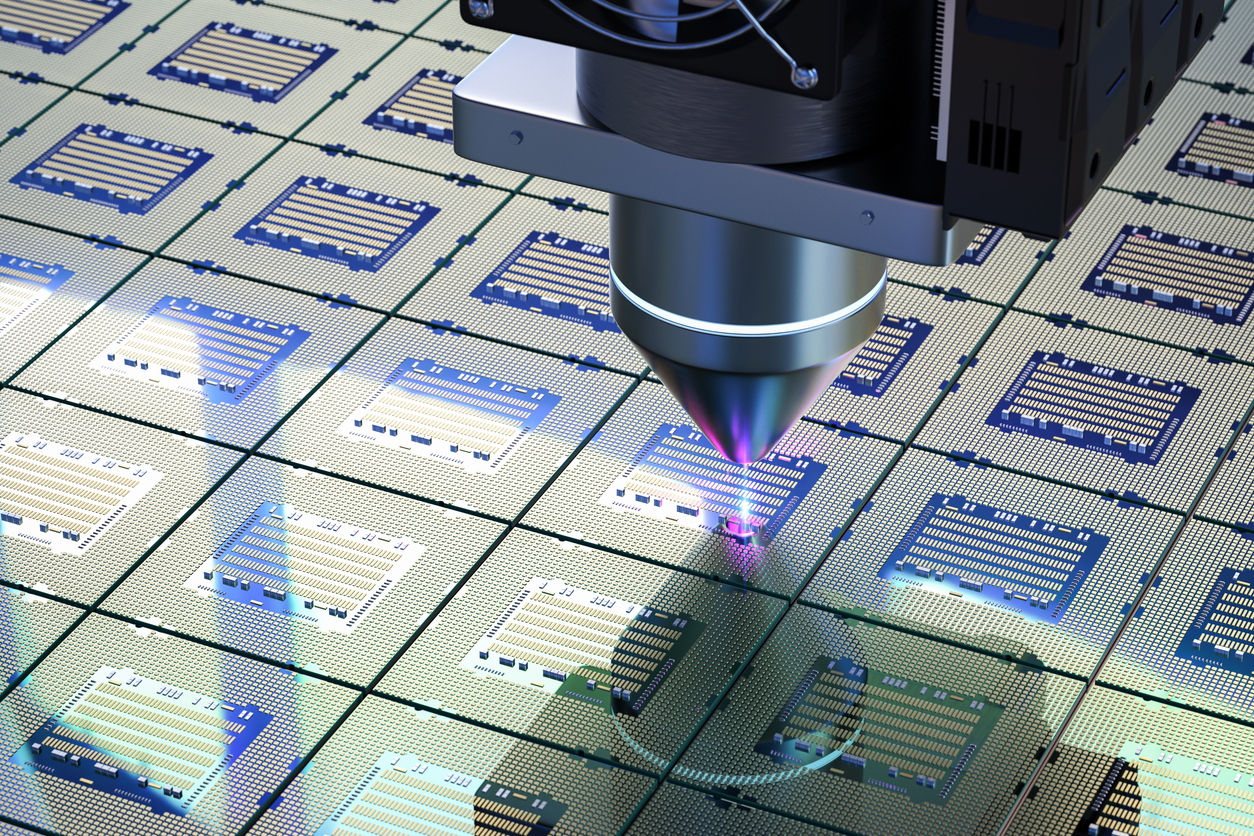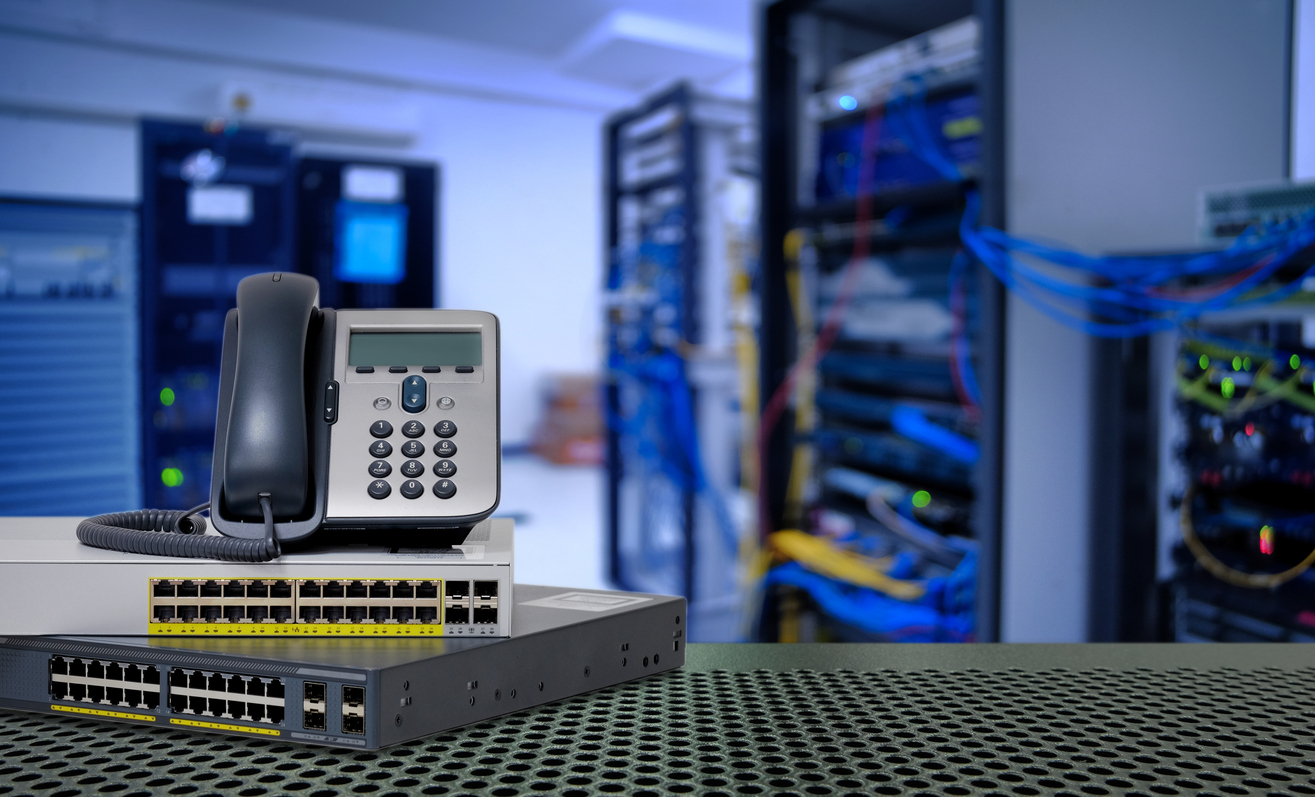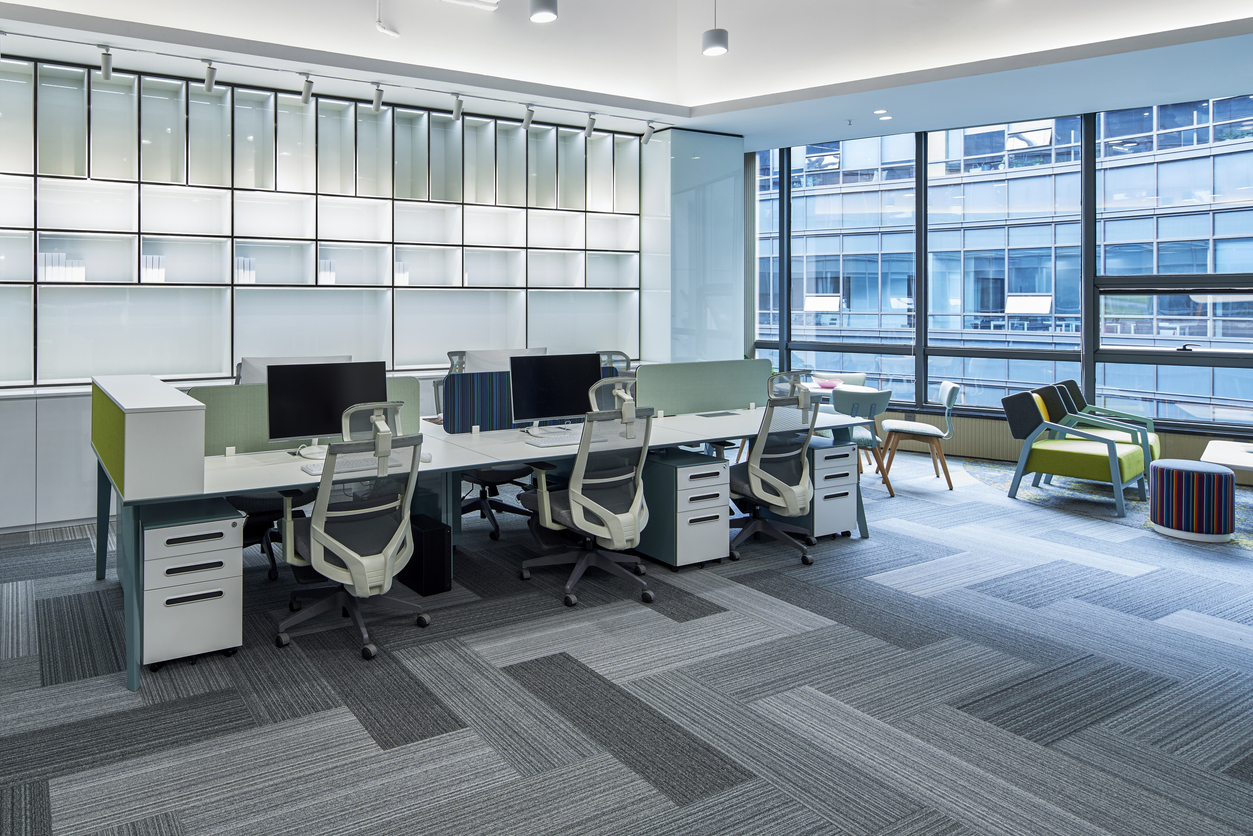Exploring the Mining Process: How Wigmore Trading Partners with Reliable Copper Ore Miners
Exploring the Mining Process: How Wigmore Trading Partners with Reliable Copper Ore Miners
Are you curious about the intricate process behind extracting copper ore? Look no further! In this blog post, we dive deep into the fascinating world of mining and discover how Wigmore Trading collaborates with reliable copper ore miners. Brace yourself for an eye-opening journey through the rugged terrains, cutting-edge technology, and unwavering dedication that brings this precious metal from beneath the Earth’s surface to your everyday life. Join us as we unravel the secrets of this ancient industry and shed light on how partnerships drive success in a competitive mining landscape. Get ready to be amazed by the remarkable stories that lie within every ounce of copper you encounter – let’s dig in together!
Introduction to Wigmore Trading and their partnership with reliable copper ore miners
Introduction to Wigmore Trading and their Partnership with Reliable Copper Ore Miners
Wigmore Trading is a leading global trading company that specializes in the sourcing, marketing, and distribution of minerals such as copper ore, iron ore, coal, and other industrial raw materials. With decades of experience in the mining industry, Wigmore Trading has established itself as a trusted partner for many reliable copper ore miners around the world.
But what sets Wigmore Trading apart from other trading companies? One of the key factors is our strong partnership with reliable copper ore miners. In this section, we will delve into more detail about who Wigmore Trading is and how our partnership with these miners has helped us become one of the top players in the global mining market.
Who is Wigmore Trading?
Wigmore Trading was founded with a vision to bridge the gap between demand and supply in the global mineral trade market. Over the years, we have built a reputation for ourselves as being a reliable source for high-quality minerals at competitive prices. Our extensive network of suppliers spans across multiple countries including Africa, South America, Australia, Asia-Pacific region and Europe.
At Wigmore Trading, we strive to maintain transparency in all our business dealings while adhering to ethical practices. We understand that trust is crucial when it comes to establishing long-term partnerships – which is why we place great emphasis on developing strong relationships with both our suppliers and clients.
Understanding the mining process: from exploration to extraction
The mining process is a complex and highly technical operation that involves various stages, from exploration to extraction. In this section, we will take a closer look at each step in the mining process and understand how it leads to the extraction of valuable minerals such as copper ore.
1. Exploration:
The first stage in the mining process is exploration, where companies search for potential mineral deposits through various methods such as geological surveys, satellite imagery, and drilling. This stage is crucial as it determines the viability of a potential mine and its profitability. Companies like Wigmore Trading use advanced techniques and technology to identify promising sites for mineral deposits.
2. Site Development:
Once a potential site has been identified, the next step is site development, which includes obtaining necessary permits and licenses, constructing access roads, establishing infrastructure such as housing for workers and facilities for processing the extracted minerals. This stage can be time-consuming and requires significant investment before actual mining operations can begin.
3. Extraction:
Extraction is often considered the most critical phase in the mining process as it involves physically removing minerals from the earth’s crust. The two primary methods of extraction are surface or open-pit mining and underground mining. Surface mining involves digging deep into the ground to remove large quantities of ore while underground mining requires tunneling into deeper layers of rock to access mineral deposits.
The significance of copper in various industries
Copper has been used by humans for thousands of years, dating back to ancient civilizations such as the Egyptians and Mesopotamians. Its versatility and conductivity have made it an essential element in various industries, making it one of the most widely used metals in the world. In this section, we will explore the significance of copper in different industries and how it plays a crucial role in our daily lives.
1. Electrical Industry:
Copper is known for its excellent electrical conductivity, making it a vital material in the electrical industry. It is commonly used in wiring systems for homes, buildings, and power grids due to its ability to efficiently carry electric current without overheating or losing energy. According to the International Copper Study Group (ICSG), over 60% of global copper consumption is attributed to the electrical sector.
2. Construction Industry:
Copper’s durability and resistance to corrosion make it an ideal material for construction purposes. It is commonly used in plumbing systems due to its antimicrobial properties that prevent bacteria growth, making it a safe choice for transporting water. Copper pipes are also lightweight and easy to work with, making them popular among builders.
3. Automotive Industry:
The automotive industry heavily relies on copper for various components such as wiring harnesses, radiators, brake pads, and bearings. Its high thermal conductivity makes it suitable for use in engine cooling systems while its malleability allows it to be formed into intricate shapes required for electronic parts.
Benefits of partnering with trusted copper ore miners for exporters like Wigmore Trading
Partnering with trusted copper ore miners is crucial for exporters like Wigmore Trading. This partnership not only ensures a steady supply of high-quality copper ore but also brings various other benefits that contribute to the overall success and growth of the business.
1. Consistent Quality: Reliable copper ore miners have years of experience and expertise in mining, ensuring that the quality of the extracted ore is consistent. This consistency is essential for exporters like Wigmore Trading as it helps maintain their reputation and builds trust with their customers.
2. Cost-Effective: Partnering with trusted copper ore miners can also be cost-effective for exporters. These miners have efficient mining processes in place which results in lower production costs. This translates to more competitive prices for the exporters, enabling them to offer better deals to their clients.
3. Timely Delivery: Time is of the essence in international trade, and timely delivery is crucial for maintaining a good relationship with customers. Trusted copper ore miners understand this importance and work towards meeting deadlines set by their partners. They have well-established logistics systems in place, ensuring smooth transportation and timely delivery of the required quantity of copper ore.
4. Access to Latest Technology: Copper mining technology continues to evolve, resulting in increased efficiency and productivity. Partnering with reliable miners gives exporters access to this advanced technology without having to invest heavily themselves.
Challenges faced by copper ore miners and how they are overcome
Mining for copper ore is no easy task and comes with a variety of challenges that miners must face in order to extract this valuable resource from the ground. In this section, we will delve into some of the main challenges faced by copper ore miners and explore how they are overcome.
1. Geographical obstacles:
One of the primary challenges faced by copper ore miners is accessing the ore itself. Copper deposits are often found deep underground and can be located in remote, difficult-to-reach areas such as mountains, deserts, or even under bodies of water. This poses a challenge for miners as it requires extensive planning and logistics to establish infrastructure such as roads and tunnels to enable access to the site.
How it’s overcome:
Miners use advanced drilling techniques like directional drilling and underground tunneling to reach these remote sites. They also utilize satellite mapping technology to identify potential locations for new mines.
2. Technological advancements:
With advances in technology, mining methods have become more complex, requiring specialized equipment and machinery. These innovations come at a high cost, making it challenging for smaller mining companies with limited resources to compete.
How it’s overcome:
To stay competitive, many mining companies partner with larger corporations or form alliances with other miners in order to pool their resources and gain access to more advanced equipment.
Sustainable mining practices and their impact on the environment
Mining is a crucial industry that provides the raw materials for many of the products we use in our daily lives, from electronics to construction materials. However, mining also has a significant impact on the environment, which is why it is essential to adopt sustainable practices in this industry.
Sustainable mining refers to the responsible extraction of minerals and resources while minimizing environmental damage and promoting social and economic benefits for local communities. This approach takes into account the long-term impacts of mining operations on the environment, rather than focusing solely on short-term profits.
One of the key ways in which sustainable mining practices can benefit the environment is through reducing air, water, and land pollution. Mining activities such as drilling, blasting, and processing can release harmful chemicals and pollutants into the air or water sources if proper precautions are not taken. This can have devastating effects on wildlife and human health. By implementing measures such as using cleaner energy sources or recycling water used in processing, miners can significantly reduce their environmental footprint.
Another important aspect of sustainable mining is proper waste management. Mining produces large amounts of waste material that can be damaging to ecosystems if not disposed of correctly. Companies that prioritize sustainable practices will have systems in place for safe disposal or reuse of waste materials. For example, tailings (the leftover material after ore has been processed) can be repurposed for activities such as land reclamation or used in construction projects instead of being left to contaminate nearby areas.
How Wigmore Trading ensures quality control and ethical sourcing of copper ores and concentrates
Quality control and ethical sourcing are two crucial aspects of the mining process, particularly when it comes to copper ores and concentrates. At Wigmore Trading, we understand the importance of these factors in not only ensuring a high-quality product but also promoting responsible and sustainable mining practices.
To begin with, let’s first discuss how Wigmore Trading ensures quality control in our copper ore and concentrate procurement process. We have established strict standards and procedures that all our partner miners must adhere to. This includes conducting thorough background checks on all potential miners to ensure they meet our quality requirements.
Once we have identified reliable miners, we conduct regular site visits and inspections to monitor their operations closely. This allows us to verify that they are following proper safety protocols, maintaining environmental standards, and using ethical labor practices. Our team also performs frequent tests on samples of the mined ores and concentrates to ensure they meet our quality specifications.
We also work closely with independent third-party agencies that specialize in mineral testing to perform additional checks for an extra layer of assurance. These agencies use advanced technology and techniques such as atomic absorption spectroscopy (AAS) or X-ray fluorescence (XRF) analysis to accurately determine the composition of the ores and detect any impurities.
Moreover, at Wigmore Trading, we prioritize ethical sourcing by partnering only with miners who operate according to internationally recognized standards such as those set by the International Labour Organization (ILO) and the United Nations Guiding Principles on Business & Human Rights.
Future developments in the mining industry
The mining industry is constantly evolving and adapting to changing technologies, market demands, and environmental regulations. In this section, we will explore some of the potential future developments in the mining industry that could have a significant impact on copper ore mining.
1. Automation and Robotics:
One major trend in the mining industry is the adoption of automation and robotics. With advancements in technology, it has become possible for mines to be operated remotely without risking human lives. This not only increases safety but also improves efficiency as machines can work continuously without breaks or fatigue. The use of autonomous vehicles, drones, and other robotic equipment can greatly enhance the speed and accuracy of exploration and extraction processes.
2. Digitization:
The mining industry has been slower to adopt digital technologies compared to other sectors. However, this is set to change with the rise of digitization in mining operations. The use of sensors, real-time monitoring systems, data analytics, machine learning algorithms, and artificial intelligence (AI) can provide valuable insights into ore deposits and optimize production processes. This can lead to higher productivity levels and cost savings for miners.








Comments are closed.